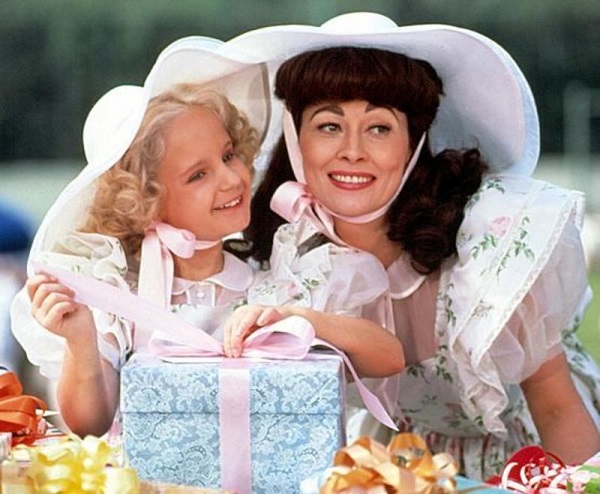
Mother’s Day is a day of celebration for most people.
It is a day to honor and nurture the woman who raised us and whose love grounded us. It is a day many families look forward to, plan carefully, and anticipate with joy.
There are those, however, for whom Mother’s Day brings up different types of feelings. They probably don’t talk about it because loyalty to their mother prevents them from doing so. These are the folks who dread Mother’s Day, because the days leading up to this “holiday” are filled with sadness and grief.
There is no such thing as a perfect mother, and even the best mother will harbor some regrets, remembering past parenting mistakes, shortcomings, and even failures. That is to be expected.
These are the “Good Enough Mothers,” who meet their child’s physical and emotional needs with enough mistakes and shortcomings that she can work to correct, and eventually help the child learn to weather disappointment.
There is another type of mother, however, and her legacy is complex and difficult.
This is the mother who has her own wounds, her own pain story that she has yet to heal.
This mother is the one who remains haunted by her own demons. She struggles to know her own limitations, her own feelings, and her own thoughts. She is the mother who unconsciously passes onto her children the innermost pain she holds.
The message she sends: You’re not wanted. You’re not good enough. You’re a burden. You’re the cause of my unhappiness. You will never be enough to please me. You are unimportant.
This mother does not always say those words, but every time she ignores her child’s desires in favor of her own, the message is sent. Every time she misses crucial moments of nurturing and affirmation, the message is clear. Every time she dismisses an accomplishment, the arrow flies and lands in the tender heart of a child desperate to feel Mama’s love.
Children who grow up like this internalize the messages and live from that space. They believe they are inherently unworthy of love because if one’s own mother can’t love you, you must be unlovable.
These children may become overachievers and perfectionists, unconsciously hoping that with the next big accomplishment, Mama will finally be proud and they will have earned her approval.
They may have a difficult time asserting their needs and desires because those needs and desires have historically been devalued and ignored. They may have difficulty giving and receiving love.
They have internalized the voice of their mother, and as a consequence, repeatedly abandon themselves in the way their mother did. They will often be driven by a deep sense of unworthiness and will struggle to achieve or accept anything that contradicts that belief.
These are the adults who struggle to differentiate themselves from their mothers, and yet, deeply desire to be as far away from them as possible. They want desperately to untangle themselves from her web and are paralyzed at the thought of leaving her.
These folks are tasked with the monumental task of becoming “Good Enough Mothers” for themselves. They learn to show up and celebrate themselves in ways their mother never did. They learn to meet their own needs. They learn that their sense of unworthiness is not theirs to hold, and begin to understand that they were always worthy of love. They learn to move out of paralysis and into vital, expansive lives.
They learn to quiet their mother’s voice in their heads, recognizing that it was her own limitations that kept her from being a “Good Enough Mother.”
And for those folks, Mothers’ Day will never be a day to celebrate their mother for who she was to them. They may eventually learn to be grateful for the role she played, and even the pain she caused, as they realize that because of these difficulties, they were forged and made strong.
For those people, Mother’s Day is not a celebration for their mother, but rather, for their own ability to transcend and rise, not because of their mother, but in spite of her.
Author: Lisa Vallejos, PhD
Image: YouTube
Editor: Nicole Cameron






Read 1 comment and reply